As a prelude to this week’s final presidential debate in which the subject will be foreign policy it is appropriate that Foreign Policy has published an essay by former Obama regime official Rosa Brooks. It is frighteningly titled The Case for Intervention… In Obama’s dysfunctional foreign-policy team.
It is well worth the read if you are interested in how Obama has mismanaged our foreign policy and made us less respected and more susceptible to attacks now that at any time since the dark years of the Carter ineptocracy.
She identifies six basic things Obama needs to do to turn around his disastrous foreign policy.
1. Get a Strategy.
We don’t currently seem to have one, grand or otherwise. We’ve got “the long war” — but we don’t seem to have a long game…And without a clear strategic vision of the world, there’s no way to evaluate the success or failure of different initiatives, and no way to distinguish the important from the marginal.
Critical observation. What has animated the regime over the past four years has been attempting to look tough and to prove they aren’t Bush. One of those two goals is behind the unending cascade of debacles the Obama foreign policy clown car has experienced.
2. Get some decent managers.
National Security Advisor Tom Donilon reportedly scheduled more than 700 Deputies Committee meetings and 200 Principal’s Committee meetings between January 2009 and October 2011. Meetings occur at all times of the day and the week, with little prioritization, causing burn-out for exhausted staffers (and reducing institutional memory when the burned out staffers quit after a year or two).
This circles back to point number one. Without a strategy you have data points. Each data point becomes the new shiny object for a meeting or two then a new shiny object takes precedence.
3. Get some people who actually know something.
Cronyism also reigns supreme when it comes to determining who should attend White House meetings: increasingly, insiders say, meetings called by top NSS officials involve by-name requests for attendance, with no substitutions or “plus ones” permitted. As a result, dissenting voices are shut out, along with the voices of specialists who could provide valuable information and insights. The result? Shallow discussions and poor decisions.
This critique could be made of about 90% of the Obama regime departments and agencies. Everywhere you turn you encounter cronies, celebrities, and contributors who have influence because of their perceived value to Obama, personally. Does anyone think the nation has been well served by HHS or EPA or any other Obama agency?
We are experiencing government by a middle school cool girls clique.
4. Get out of the bubble.
But if he wants good, candid feedback, President Obama needs to deal with more people. He should increase the number of press conferences he gives, increase the number of formal and informal meetings with members of Congress, and institute at least quarterly town-hall style meetings with his national security staff — invited based on position, not based on whether they’re in the in-club — and with other senior staff from State, Defense, and AID. He should also create internal “red teams,” tasked with pointing out the dangers and flaws of the policy approaches recommended by his senior staff — and he should require his staff to listen and respond to critics, instead of just repeating administration talking points.
The problem is actually much deeper than merely getting out of the bubble. The locus of the problem is in Obama’s personality and inflated self image. As former aide Neera Tanden said in a recent NY Magazine interview.
Clinton, being Clinton, had plenty of advice in mind and was desperate to impart it. But for the first two years of Obama’s term, the phone calls Clinton kept expecting rarely came. “People say the reason Obama wouldn’t call Clinton is because he doesn’t like him,” observes Tanden. “The truth is, Obama doesn’t call anyone, and he’s not close to almost anyone. It’s stunning that he’s in politics, because he really doesn’t like people. My analogy is that it’s like becoming Bill Gates without liking computers.”
Someone who doesn’t like people isn’t going to seek out people for informal meetings. People who know they are poseurs don’t talk to smart people because nothing is worse that revealing yourself as a poseur.
Somehow, over the years of coddling and social promotions, Obama has come to believe he is actually talented. As he has said:
“I think that I’m a better speechwriter than my speechwriters. I know more about policies on any particular issue than my policy directors. And I’ll tell you right now that I’m gonna think I’m a better political director than my political director.”
I think Ms. Brooks is missing another obvious reason why Obama is in the bubble: he thinks things are going just swimmingly and sees no reason to change.
5. Get a backbone.
He came into office with a mandate and Democratic control of both houses of Congress. Had he been willing to use some political capital — and twist a few arms on the Hill — in those early months, Guantanamo would be closed, and the United States might have a more coherent approach to national security budgeting. But on these and other issues, the president backed off at the first sign of congressional resistance, apparently deciding (presumably on the advice of the campaign aides who already populated his national security staff) that these issues were political losers.
Of course, it was a self-fulfilling prophesy; the issues became losers because the White House abandoned them. Ultimately, Congress began to view him as weak: a man who wouldn’t push them very hard. As a result, Congress pushed back hard on everything, including health care, economic stimulus, and regulation of the financial industry, and Obama was forced to live with watered-down legislation across the board.
This seems to be the case, though Congress gets undue blame here. The regular presence of the islamo-fascists fellow travelers in CAIR and the Muslim Brotherhood in the White House goes a long way towards explaining our policy in Libya, Egypt, and Israel. But this is a signature move of the Obama regime. The presence of industry lobbyists in the White House explains why oil and gas are sacrificed to highly subsidized market sectors.
6. Get rid of the jerks.
Insiders say that McDonough and Donilon can barely stand each other, contradicting each other publicly so often that no one’s ever sure who really speaks for the president. Both men are also famously rude to colleagues: it’s a rare individual who hasn’t been screamed at by one or the other. The nastiness demoralizes everyone and sends the message that rudeness and infighting are acceptable.
A fish rots from the head down. When one looks at both Obamas and their inner circle one cannot help but notice the near universal qualities of overweening ego and unrequited sense of entitlement. As they say “A’s hire A’s and B’s hire C’s” heaven alone knows what C’s and D’s hire.
Should Mitt Romney win in November he will be faced with a laundry list of imminent crises. Not the least among them is a foreign policy that has been burned and plowed with salt.
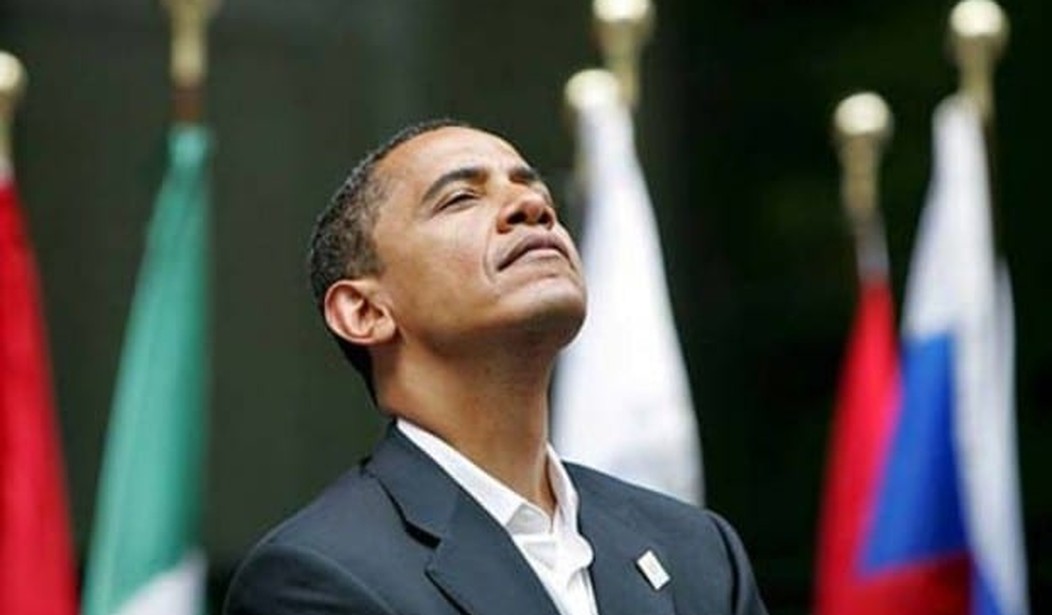


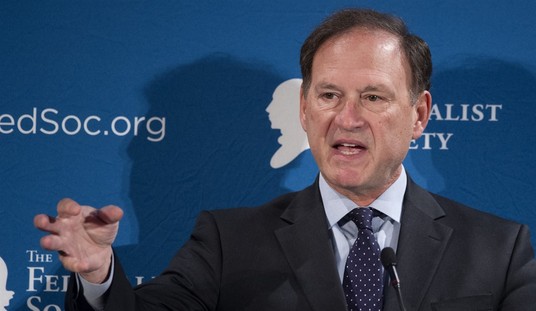
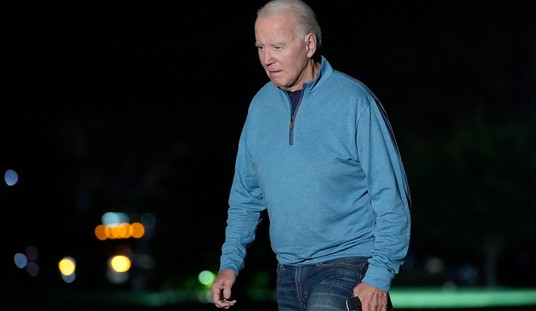



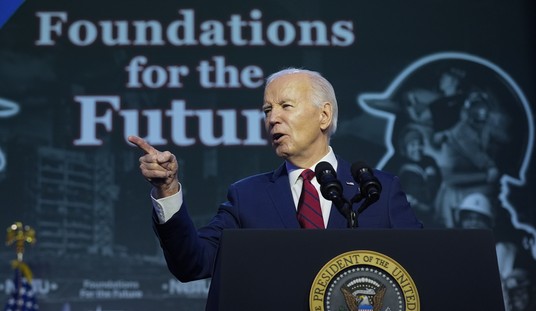
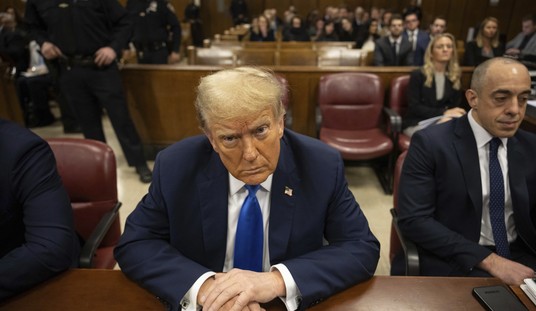




Join the conversation as a VIP Member